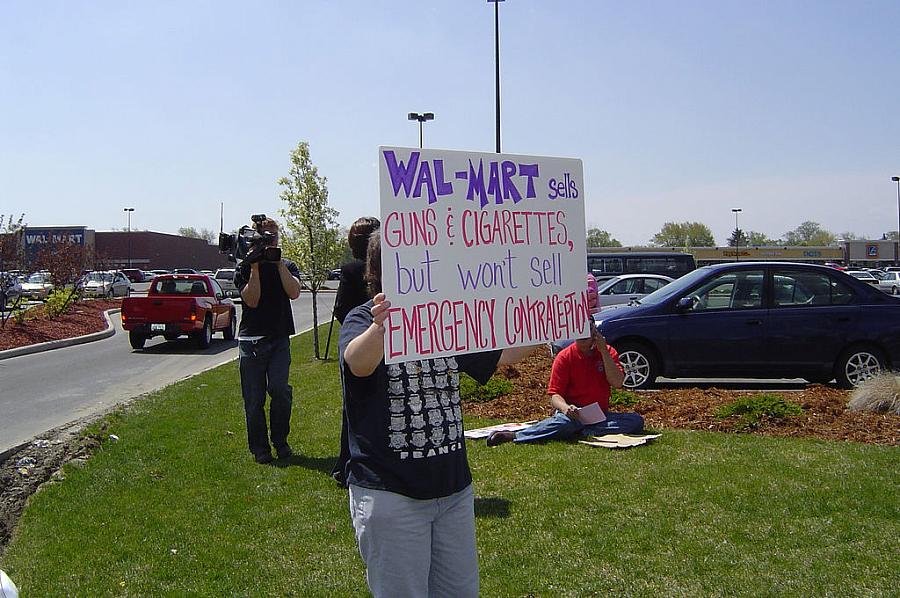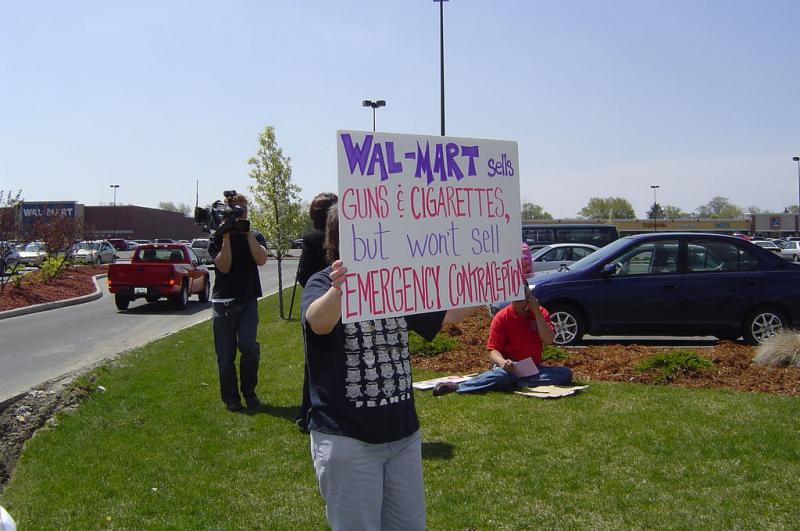Plan B: Is Emergency Contraception Really Available in Your Community?

 Now that the latest controversial decision over federal "morning after" pill restrictions has faded from the headlines, it's worth following up on this question: how available is emergency contraception right now in your own community?
Now that the latest controversial decision over federal "morning after" pill restrictions has faded from the headlines, it's worth following up on this question: how available is emergency contraception right now in your own community?
To recap: last week, HHS Secretary Kathleen Sebelius overruled her own science advisors in a decision preventing the "morning after" contraceptive pill Plan B from being sold over the counter at drugstores and to girls under 17 without a prescription. The election-season decision, largely regarded as highly political, could be reviewed by a federal judge after a legal challenge by a pro-choice group.
Of course, Plan B has been controversial ever since it was first approved by the FDA in 1999 (you can see a great timeline of its history here).
While pro-choice advocates hailed it as an easily accessible way to prevent pregnancy, pro-life groups characterized it as equivalent to abortion (it can prevent an early embryo from implanting in the uterus) and questioned its safety. Some lawmakers also worried that it would encourage girls to be more promiscuous, a fear discredited by research from Europe, where the morning after pill has been on the market for years.
Although Plan B is supposed to be available in pharmacies to women 18 and over, and to younger women with a doctor's prescription, that doesn't always happen in practice. Some pharmacists won't dispense it, citing religious or moral reasons. Some Catholic hospitals have declined to provide it in their emergency rooms, even in cases of rape. Heck, even the iPhone's Siri can't help women find Plan B.
It's worth asking local women's health advocates, emergency rooms and pharmacies in your area what their policies are. Then you can check with local women's health advocates, college students and other groups to see how those policies are actually carried out.
First, check out your state's laws regulating emergency contraception. They can vary widely with some mandating that pharmacists must dispense the medications and others allowing pharmacists to refuse for reasons of conscience. For a list of state laws, click here.
Reporting Resources:
Emergency Contraception: Collection of policy and medical research on the use and effectiveness of emergency contraception from the Kaiser Family Foundation.
Emergency Contraception Fact Sheet: from the U.S. Department of Health and Human Services' Office of Women's Health.
Emergency Contraception State Laws: round-up from the National Conference of State Legislatures, updated July 2011.
Pharmacy Refusals 101: Report from National Women's Law Center on cases of pharmacy refusal to dispense emergency contraception.
Related Posts:
The Plan B Contraceptive Decision: Analysis, Outrage, Applause
Photo credit: Brave New Films via Flickr

